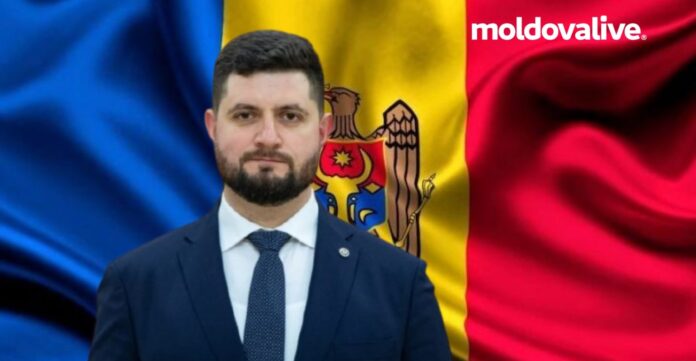Moldova has reached a historic milestone in its energy transformation, moving from near-total dependence on a single gas supplier to a diversified, secure, and competitive market. Energy Minister Dorin Junghietu announced the results of this transformation while presenting the achievements of his mandate in the government led by Prime Minister Dorin Recean.
“In 2021, Moldova was vulnerable and constantly threatened with gas cutoffs and Russian energy blackmail. Today, in 2025, we can say with certainty that Moldova can no longer be blackmailed by shutting off gas. We are no longer prisoners of a single supplier,” Junghietu declared.
Full Diversification of Energy Sources
Moldova has achieved what once seemed impossible — full diversification of supply sources. Until 2022, Gazprom controlled the entire market. Today, Moldova buys gas from over ten reliable European suppliers, with Romania as the main provider. Since September 2022, the right bank of the Dniester River has no longer consumed Russian gas, and as of January 2025, neither has the left bank.
Through contracts signed by Energocom, Moldova now purchases gas from exchanges and long-term agreements that ensure stable and predictable prices. The country’s own gas exchange has started operating, guaranteeing transparency and real market competition.
Strengthened Energy Security
For the first time, Energocom has been designated as a public service obligation supplier for three years, taking over around 830,000 final consumers previously served by Moldovagaz. Junghietu said this step has reinforced national energy security.
The minister also recalled the January 2025 Transnistrian crisis, when Gazprom halted gas supplies. The Moldovan government, with EU support, acted swiftly to prevent a humanitarian crisis. The EU’s €60 million support package for the region remains in place for energy resource procurement.
Major Infrastructure and Interconnection Projects
Moldova enters winter with replenished gas reserves and ongoing energy interconnection projects with Romania and the EU. The Vulcanesti–Chisinau Energy Independence Line has reached 90% completion and is expected to be operational by year-end.
The Straseni–Gutinas and Balti–Suceava interconnections will soon allow greater electricity imports and exports. The Balti–Suceava line is in the tender phase, scheduled for completion by 2027, while the U.S. Government has pledged $130 million in full funding for the Straseni–Gutinas line.
Green Transition and Energy Efficiency
Junghietu described 2025 as the year of Moldova’s green transition, with the country now generating over 850 megawatts of renewable energy—almost four times more than in 2022.
“Each installed megawatt of renewable energy is a soldier guarding our independence and energy security,” the minister stated.
On August 23, 2025, Moldova reached a historic milestone: domestic electricity consumption was almost entirely covered by renewable sources for the first time.
Energy efficiency programs worth hundreds of millions of euros are under way, targeting the rehabilitation of schools, hospitals, and homes nationwide. These projects will enable thousands of households to produce clean energy, reduce consumption, and lower bills.
“Freedom, Dignity, and Growth”
“Each meter of pipeline built, every solar panel mounted, every wind turbine erected means more than infrastructure — it means freedom, dignity, and economic growth,” Junghietu said.
He emphasized that Moldova has freed itself from monopolistic dependency, introduced fair market rules, and established a stable investment climate, positioning itself as a reliable regional partner.
When asked about his political future, Junghietu said he hopes to continue his work:
“The new government will accelerate Moldova’s integration into the European energy system, build partnerships, attract investments, and modernize infrastructure. Energy will become not only an engine of the economy, but also a symbol of national stability and dignity.”
Dorin Junghietu has served as Minister of Energy since February 2024.


